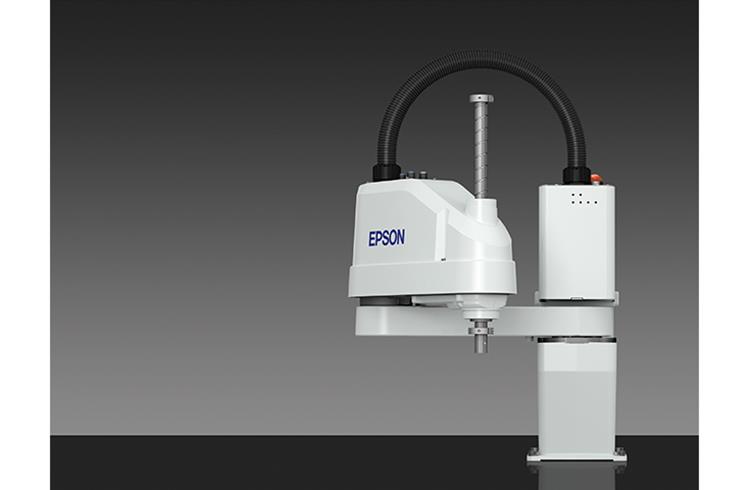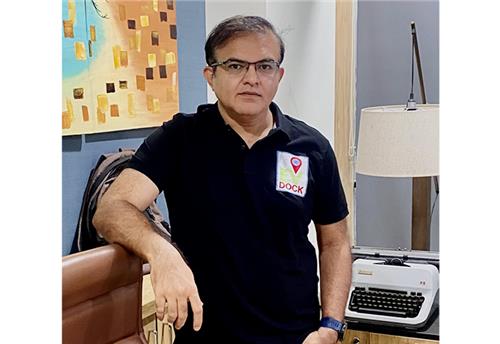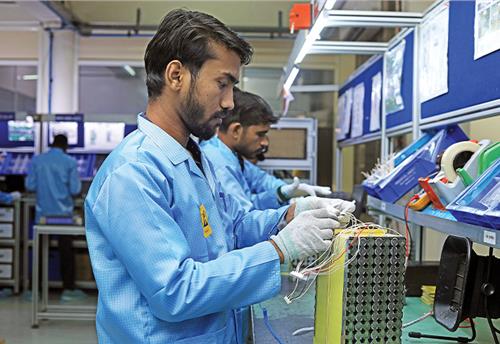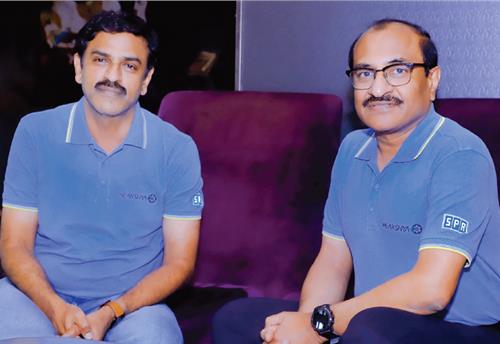Amidst job cuts, automation races to make its mark in India Inc
Automation solution providers are pushing for automation in India with a claim that RoI from installing a robot is better than employing a person
With slowdown biting many companies across the sectors, news of layoffs are flowing from every corner of the country. It is predicted that FY2020 will see the components industry registering flat or marginal de-growth. Many of the companies from the auto component manufacturing sectors incorporate high volume production which engages the employees in some labour intensive and monotonous jobs like loading a small bracket, assembling a small bearing or picking four bearings putting it in one bag and then putting it out. These are what are said to be small value addition jobs. This is one area of the automotive industry where productivity needs to be improved, quality needs to be enhanced and for that, automation in manufacturing seems imminent.
According to an independent study, the RoI from installing a robot is better than employing a person. With the cost of materials and the wages going high and people increasingly losing interest in jobs which does not engage their artistic skills, automation seems like a plausible solution. Gladly enough, India is looking at a phase where traditional jobs with repetitive work are becoming redundant and a whole new set of jobs which require creativity, imagination and a new kind of intellect are emerging.
According to Nikunj Sanghi, chairman, ASDC, “There is a false perception that some of the labour unions are hindering the adoption of robots in the plants. Currently, there are no new hirings going on and at the same time many of the senior employees are retiring from some of the oldest establishments of India. Thus, efficiencies are kicking in naturally with automation largely being favoured. Thus, the main reasons why robotics is catching on in India is the current labour law and the need for better efficiency and quality.”
Rise of EVs promoting robots
The biggest advantage of robots is the fact that they are very flexible, could be easily integrated, reduces production and could be used for the long term. So if a robot is used for 'X' application today, then it could be used for a 'Y' application with minimum cost inferred by the company. Robots today have the ability to be connected to the Industry 4.0 and to the service web where the troubleshooting and the rectifications are done during the process without the physical presence of a service engineer from the company. Automation finds further preference with the rising demand for efficient and compact EV components. The transition from ICs to EVs would be pretty similar to the one where cathode ray tube televisions with big fist-size components gave way for compact LCD/LED TVs with nano-sized components. The architecture of the future deals with smart, energy-saving compact devices which is not possible with manual labour.
In a recent interaction with Satyanarayana, director of robots, Epson India, we found out that current MSMEs are looking into smart processes in manufacturing for the next-gen components. According to him, “We see advancements in the technology when we see the components getting lighter and more sophisticated and having a larger bandwidth of abilities. It has become very difficult to manually handle the assembly of the components and with the rising accuracy levels, automation has become the norm of the future. The entry-level robots will cost around Rs 4-500,000 which is within the reach of most of the MSMEs. Even the RoI in a year almost comes the same as that of hiring a person in that period.”
The robots from Epson are all for payloads less than 20kgs, which is why they are largely focused on the auto component industry. Epson has SCARA (Selective Compliance Assembly Robot Arm) robots, 6-axis robots, ultra-low-cost robots and robots that come with vision and force sensors for the complicated tasks. For the time being, robots are largely preferred for the small, but sophisticated components not just in the auto sector but also in the food industry, plastic industry, packaging industry and many more. The level of automation is very much low in India which should be considered as a huge opportunity.
Niyazuddin S, manager – Robotics, Epson India says, “Globally for every 10,000 workers, the average number of robots that are used in the industry is 74. So in South Korea, for every 10,000 robots, there are close to 650 robots. It is probably because of this that Samsung is ruling the electronics world. The story is similar with LG, Harman and all others. Their investments have borne fruit for them. In India, the number is down to 3. So even if you go 6 robots for every 10,000 workers then that itself is a big opportunity. Epson is showcasing its proof of concepts, proving that over the period of one month or three months, you could get a return of investment.”
Part of the $10.3 billion (Rs 73,812 crore) Japan-based Seiko Epson Corporation, Epson India, with its presence in 30 cities in India, shipped 2,000 robots in 2015 and in 2017 they crossed the 3,000 milestone. In 2020, Epson is aiming to reach a shipment figure of 6,000, which indicates an annual CAGR growth rate of 24 percent. Their annual turnover for FY18 was Rs 1,896 crore.
RELATED ARTICLES
BRANDED CONTENT: Eliminating the worries of battery charging with smart solutions
The charging infrastructure is the backbone of electric mobility but is also one of the key perceived barriers to EV ado...
The battery-powered disruptor
Greenfuel Energy Solutions is planning to shake up the EV battery market with the launch of a portfolio of specially eng...
SPR Engenious drives diversification at Shriram Pistons & Rings
The engine component maker is now expanding its business with the manufacturing of motors and controllers through its wh...





 23 Aug 2019
23 Aug 2019
 16523 Views
16523 Views





 Autocar Pro News Desk
Autocar Pro News Desk




